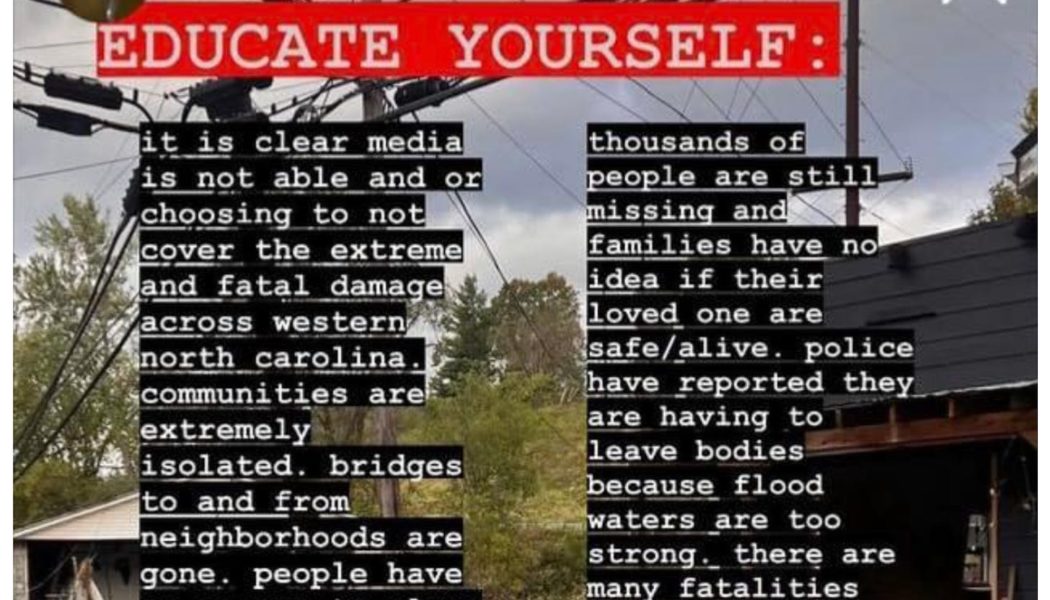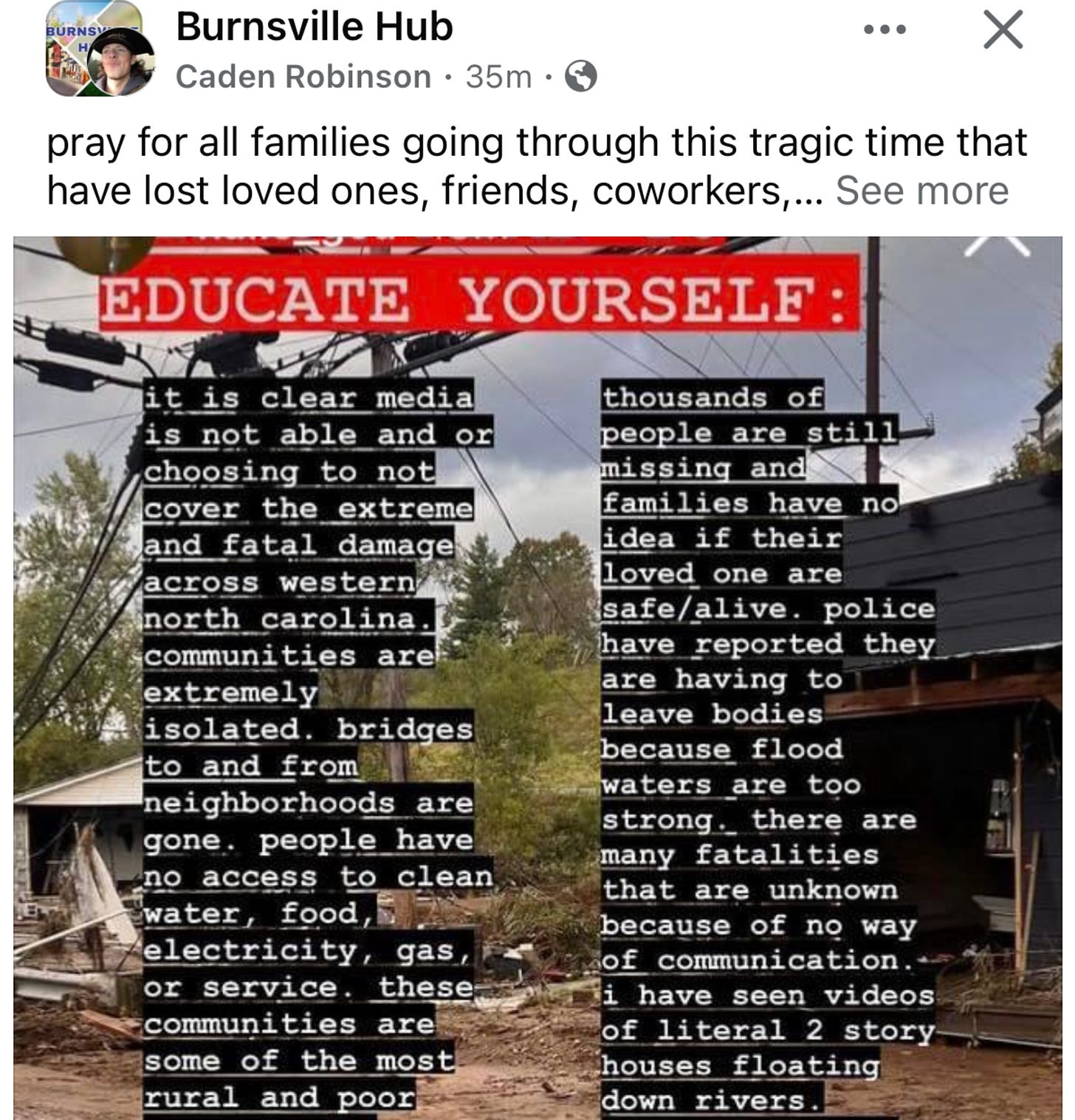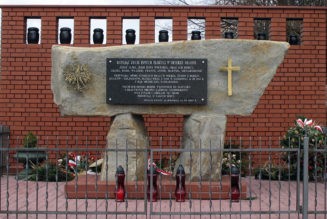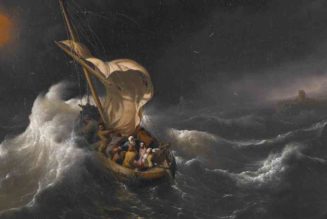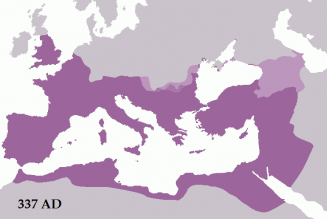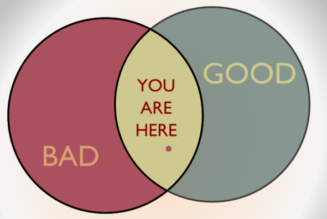Please allow me a moment of grief and frustration. I am, you see, worrying about friends who are missing and, to be blunt, no one knows if some of them will be fatalities in the the great Hurricane Helene catastrophe in the mountains of Western North Carolina.
But this is a Rational Sheep post. This is a story about mass media, screens culture and our lives.
I am poised, this week, to move into a house in the Tri-Cities of Northeast Tennessee in a neighborhood that was flooded at the end of last week. Our house survived, but we have work to do. Can we move our big furniture in this week as scheduled? It certainly is an interesting time to move to a community that dates back to the American Revolution.
What we have here is a painful two-part post — with one truly American story and the other global. But the basic question is the same in both: Why does important news in some locations receive little or no ink (that’s a metaphor) while news of a similar kind gets wall-to-wall coverage in elite media?
The key word there was “location,” as in the old real-estate mantra — “location, location, location.”
There is a Facebook page called the “Burnsville Hub.” Right now, it is one digital doorway — there are many others linked to isolated, wounded communities — into the lives of people stranded up the back roads of the Blue Ridge Mountains (and the Smokies). It is a never-ending stream of posts from people basically saying: “Has anyone been up 197 (insert name of two-late road)? Can I reach my grandparents (insert proper word for friend of loved one) yet? I have not heard from them since Thursday night. My grandfather is on medications that he requires every day. What can I do to find them?”
In many cases the only way into these locations is by helicopter. Young people in ATVs may have a chance to get through. Many people are hiking out to relay news of who is alive, who is safe, who is in danger.
Yes, I love Asheville. I have for decades. But there is more to this story than Asheville and editors and producers in national-level newsrooms have to know that.
Yancey County is not an easy place to get to right now. I don’t think journalists need to try to fly in — but drones would be a great idea or satellite images, even. What journalists need to do is get to the major towns, like Burnsville, and interview the people who are hiking out. Many have digital photos and videos they might be willing to share.
People are in danger.
Some people are dying.
I know that this isn’t Taylor Swift missing her second Kansas City Chiefs game in a row. I know that it isn’t Vice President Kamala Harris doing a photo-op at the border to Mexico.
This is news. Even though it is in a zip code without 5-star hotels.
Now, this brings me to the second post — on the same basic subject — that I wrote late last week, since I will be on the road today (headed into the flood zone to check the status of the house into which we are poised to move).
This takes us to isolated villages and towns in Africa. Please let me know about any mistakes of typos. I don’t type very well when my hands are shaking.
Somewhere back in my journalism education I heard an anecdote about a painful reality in the news business — that the amount of news coverage a tragedy receives depends a great deal on who gets killed.
I think about that old journalism tale at least once a week, when considering a headline such as this one: “Jihadists slit throats of 26 Christians during worship service in Burkina Faso.” Or maybe this one: “Burkina Faso diocese holds day of prayer after nearly 200 people killed in Jihadist attack.”
What news publications ran those headlines? Hold that thought, because we will come back to it. First, let’s talk about why news organizations may or may not cover tragic stories around the world.
Thus, here is that apocryphal story I heard long ago.
I’ve done lots of searching online and I cannot find the origin of this tale — which may have been created as an expression of dark humor about something that journalists know is true, but wish that it wasn’t.
What I heard went something like this. Once upon a time, there was this wire service bureau that had a sign on the wall near the foreign-news desk. The sign offered advice (in the form of a math equation) to editors trying to gauge the importance of an overseas tragedy — a plane crash, a tsunami, a raid by militants of some kind — in which lots of people died.
The sign was full of cynical numbers.
The equation on the sign indicated that 1000 dead people in some obscure Global South nation equaled, in terms of news value, one dead American.
That ratio would be much, much worse if the American was a famous athlete, movie star, politician or rich corporate leader. At that point, you might need 10,000 Global South people to equal the news value of one truly famous victim.
Obviously, celebrities of all nationalities punched far above their weight in this nasty scenario. The death of a queen somewhere in Asia would not, for example, be nearly as important as the loss of a British movie star or an American pop star. How many Haitians would need to die to compete with Taylor Swift?
Back to basics. You might need 100 dead ordinary British or French citizens to equal the importance of, let’s say, a single American college student. How many Russians (or Ukrainians, today) would equal one lost American? How about locals killed in an earthquake in Mexico or a typhoon in the Philippines, as opposed to American tourists killed in the same catastrophe?
This is cynical stuff, right? But, in a way, it is simply a bleak take on the old cliche that in news, as in real estate, “location, location, location” is what really matters. A school shooting in a rich D.C. Beltway high school is going to get more ink than the same event unfolding in rural Alabama. A legendary private school in New Hampshire is more important, news-wise, than a humble Catholic school in the same state.
Clout is a big factor in all of this. It matters when the victims in global tragedies have the right allies (or the wrong friends).
All of the savvy pastors, missionaries and Christian artists in the world could have used the hashtag #bringbackourgirls to protest the kidnapping of innocents in Nigeria, but it would not have equalled the impact of First Lady Michelle Obama using the same social-media signal. It matters when Taylor Swift (there’s that name again) takes a stand for “gender-affirming care” policies in Minnesota.
Here’s my main point: I have, over the years, received all kinds of emails asking why we don’t see more coverage by elite American newsrooms of Catholic churches being burned down in France (or Canada). How many burned churches (even if the arsonists are captured on video) does it take to equal one mosque attacked by people with the wrong political or religious beliefs? How many Orthodox Jews need to be attacked in Brooklyn to draw significant coverage? Why do many Hollywood activists care more about Muslims who face some form of discrimination in France, perhaps, as opposed to millions of Muslims who face imprisonment or worse in China?
Here is the story what inspired this highly personal post.
Where in the world is Burkina Faso? Is it really news when Jihadist terrorists slit the throats of Christian worshippers?
Here is a chunk of one of the reports I cited at the top of this post:
Islamist extremists in Burkina Faso carried out a two-day killing spree, slaughtering hundreds of civilians, including 26 worshippers at a church service, according to reports, which identify the incident as one of the deadliest attacks in the West African country since the Islamist insurgency began nine years ago.
The attacks took place in the towns of Barsalogho in the north and Sanaba in the west in late August, the human rights organization Christian Solidarity International, which is aiding survivors. …
In late August, militants opened fire on hundreds of villagers outside Barsalogho and stormed a Protestant church in Sanaba the following day.
OK, that’s terrible. But that story ran in a niche-news source — The Christian Post. Do you think people in congressional offices and major entertainment studios read The Christian Post?
Now, try to find coverage of that hellish event by journalists in elite newsrooms.
Ah, you say, maybe these massacres add up to what is, to be blunt, a mere “Christian news story.” After all, that second headline that I used earlier is from Crux, an important Catholic news source.
But how about this report, under the headline: “Armed groups with links to ISIL, al-Qaeda terrorising Burkina Faso.” Here’s the overture on that:
Armed groups with links to al-Qaeda and ISIL (ISIS) have escalated attacks on civilians in Burkina Faso, Human Rights Watch (HRW) has said in a report.
Publishing the report on Wednesday, the NGO documented the killing of at least 128 civilians in seven attacks by “armed groups” across the country since February 2024 that “violated international humanitarian law and constitute war crimes”.
The report states that the groups have been “massacring villagers, displaced people, and Christian worshippers”.
“We are witnessing an incredibly concerning surge in Islamist violence,” said Ilaria Allegrozzi, senior Sahel researcher at HRW. She called on the leaders of the groups to cease their “deadly attacks”.
That report ran on the website of Al Jazeera.
So a news organization that is primarily funded by the government of Qatar is more interested in the church massacres in Burkina Faso than wire services and elite newsrooms in the United States?
Rational Sheep readers: Do you think that the “equations” I am describing (and others like it) have anything to do with the terrible, terrible numbers we see in polls about Americans losing faith in the journalism that they read or no longer choose to read?
Just asking.
